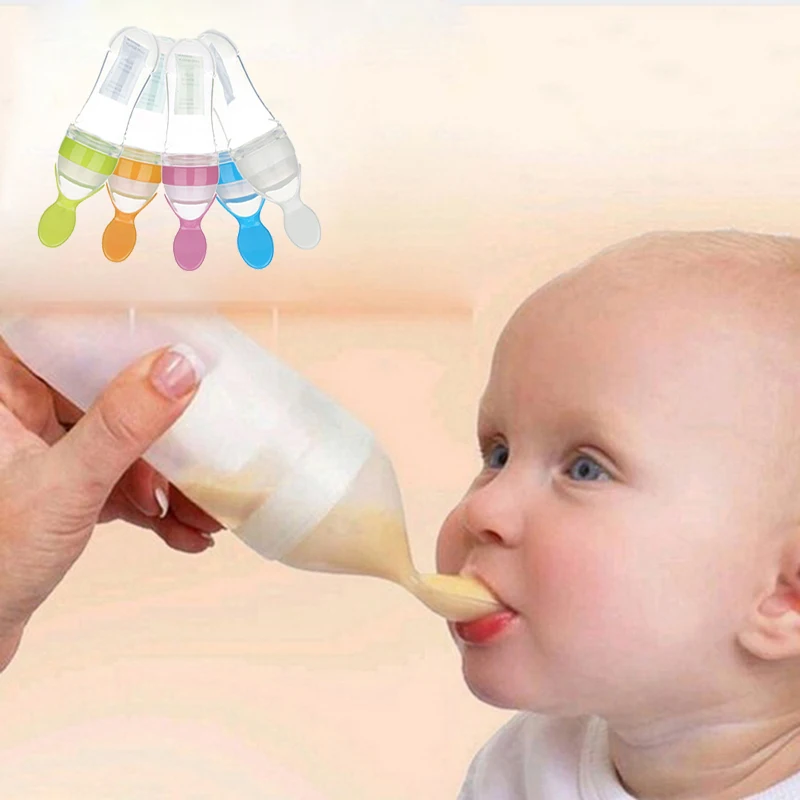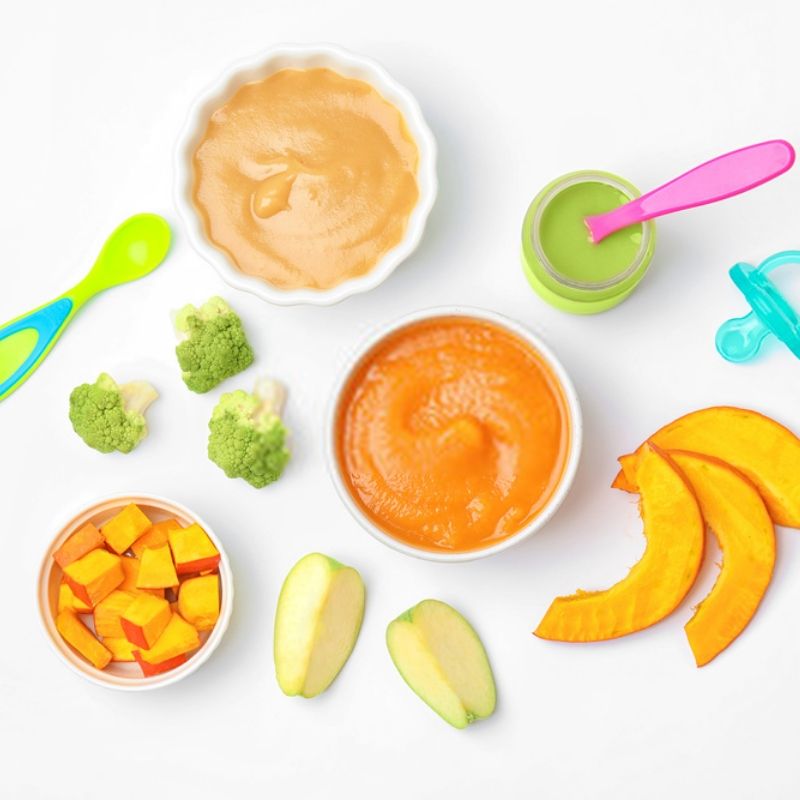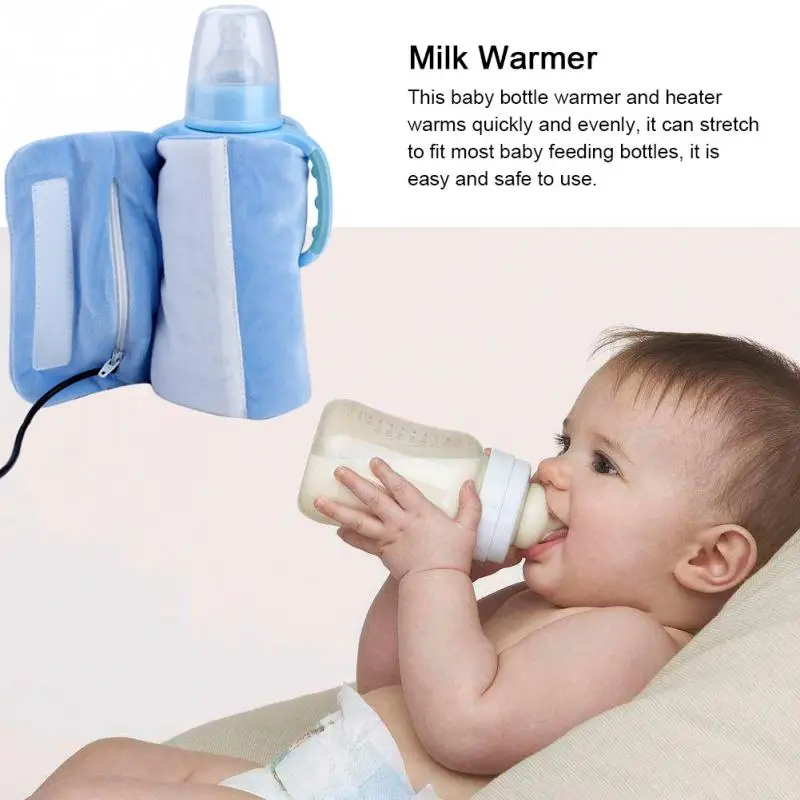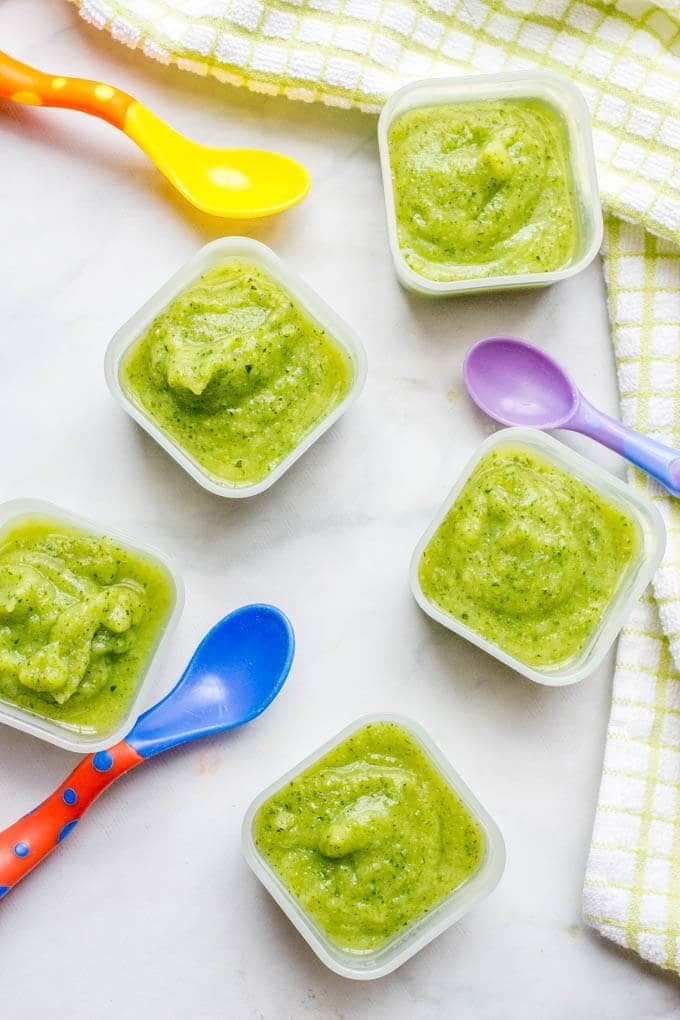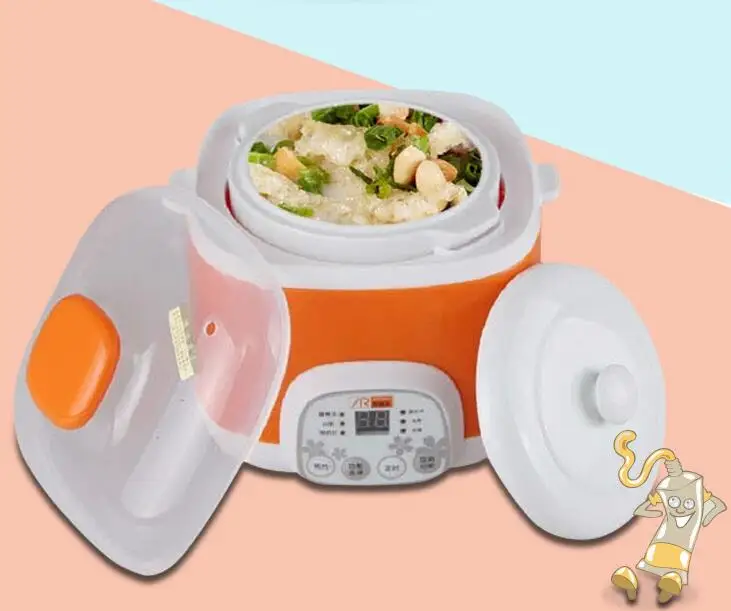Baby not taking formula feed
Baby Refusing the Bottle? Try These Tips
If you’re having trouble bottle-feeding your infant, rest assured that you are far from alone. Around 25 percent of parents report feeding-related problems with their child at some point in their development.
If your baby has been breastfeeding, trying to introduce a bottle can also introduce some challenges. Likewise, changes to the formula or breast milk you’re giving them or the bottle you’re using can lead to difficulties even for experienced bottle-fed babies.
The American Academy of Pediatrics recommends delaying the introduction of foods other than breast milk until your baby is around 6 months old, suggesting exclusive breastfeeding before that time. However that’s not always realistic and you may find yourself introducing the bottle at any time during the first year.
Additionally, formula isn’t the only reason to use a bottle. Many breastfeeding parents want to incorporate bottle-feeding of breast milk for flexibility. The breastfeeding advocacy organization La Leche League suggests waiting until your breastfeeding baby is 3 to 4 weeks old before introducing a bottle.
Whenever you begin using bottles, it can be extremely frustrating trying to feed a baby who stubbornly refuses feeds. But with dedication, experimentation, patience, and love, you can eventually acclimate your baby to bottle-feeding.
Since babies can’t communicate clearly, parents and caregivers are left wondering and guessing why their baby refuses bottle-feeding. The following reasons are some of the most common things to look out for if your baby refuses the bottle:
- Your baby was recently weaned and wants to continue breastfeeding.
- Your baby isn’t hungry enough to want feeding.
- Your baby is feeling sick, colicky, or otherwise unwell enough to feed.
- Your baby is being held in an uncomfortable position.
- Your baby doesn’t like the temperature, flavor, or texture of the milk.
- Your baby doesn’t like the texture or feel of the bottle.
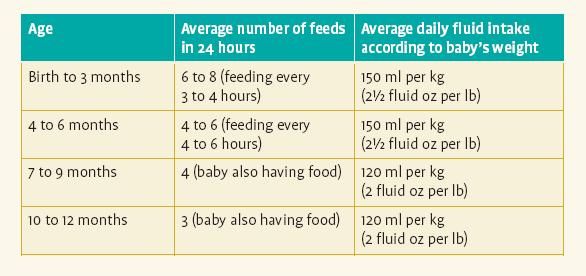
Depending on your previous experience with feeding you may be able to figure out the specific reasons why they’re refusing the bottle. Many times, knowing why they refuse can give you better insight into figuring out how to fix the problem.
Some of the most common and effective things you can try to help your baby accept bottle-feeding include:
- Slowly, consistently, and gradually transition from breastfeeding to bottle-feeding.
- Wait until your baby is sufficiently hungry before feeding.
- Try changing the bottle size and shape, the nipple, or other aspects of the bottle to see what your baby responds to.
- Experiment with the temperature of the milk or formula. Breast milk is lukewarm, so make sure the bottle isn’t too warm or cool.
- If your baby is teething, try changing the temperature of the milk (teething babies sometimes prefer cold milk), massaging their gums, or otherwise helping them with the pain of new teeth poking through.
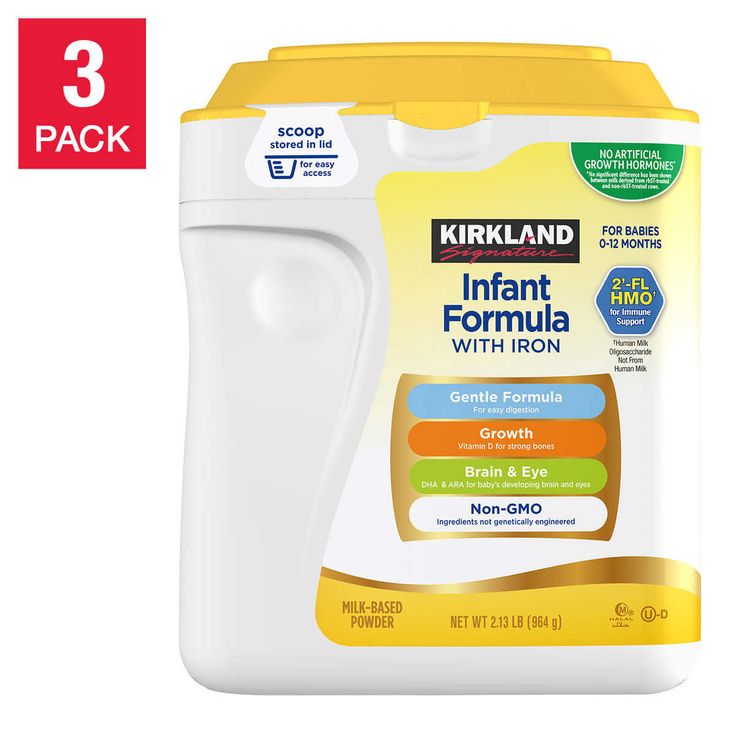
- Hold your baby in a different feeding position and see what they respond to.
- Allow someone else to handle the feeding. This can be especially helpful during a transition from breastfeeding to bottle-feeding.
Before changing the formula you’re using you may want to talk to your pediatrician. There are different types of formula customized to different needs, but too many changes or certain types of formula can cause other challenges.
More tips to try
In addition to the list of possible remedies above, it is important to try to have a calm and consistent approach to bottle-feeding. Sometimes, your own frustrations with bottle-feeding can affect the infant and make it even harder for them to change.
In general, try to follow these behavioral tips for yourself when bottle-feeding a fussy baby:
- Maintain a comforting routine around mealtime.
- Avoid distractions, such as media, music, and toys when bottle-feeding.
- Feed your child at consistent time intervals of 3 to 4 hours.
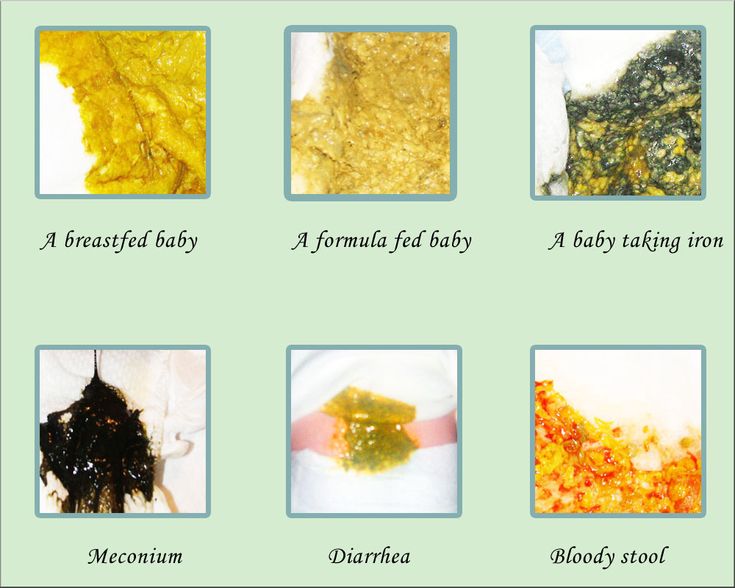
- Stay calm and consistent. Don’t become angry, anxious, or overly excited with your feeding child.
- Limit mealtimes to 30 minutes.
- Try to avoid frustration during feeds. Consider having another caregiver offer the bottle if you need a break.
While it is normal for babies to sometimes refuse a bottle, there are some instances where chronic refusal to feed can be indicative of an eating disorder or an illness that requires medical attention.
About 1 to 5 percent of very young children have feeding disorder, which is characterized by an inability to consume an adequate amount of food, resulting in malnutrition.
Getting enough food is absolutely essential for a growing baby. If you think your baby is experiencing a feeding disorder making it difficult for them to gain weight, you should see a doctor immediately. Feeding disorders in early childhood are an important health issue.
In the short term, babies with feeding disorders will experience nutritional deficiency and weight loss (or inadequate weight gain), but in the long term, your baby can experience growth deficits, cognitive functioning problems, stunted neurodevelopment, and behavioral or emotional impairment.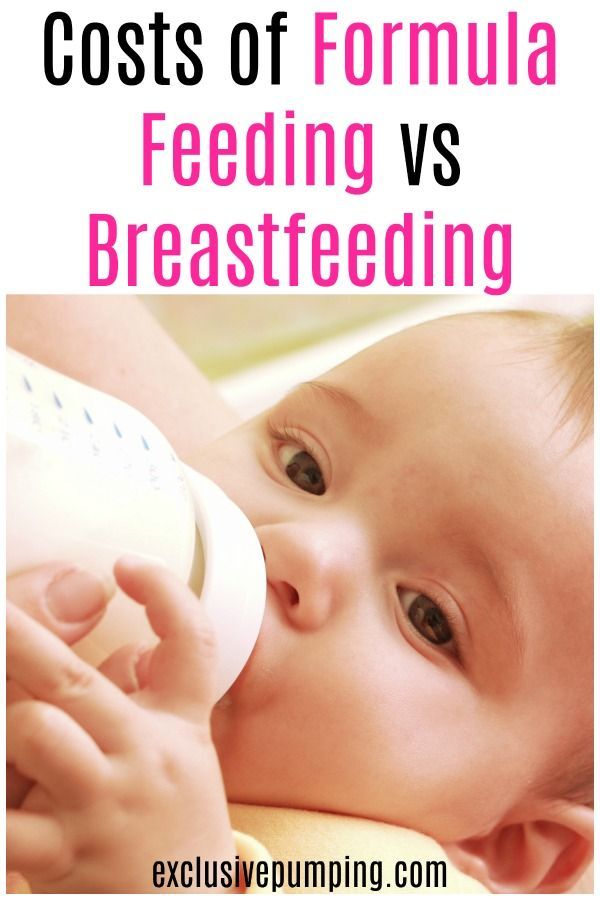
Another time to talk to your baby’s doctor is if your baby refuses to eat due to an illness or pain. Call your doctor right away if in addition to refusing the bottle your baby is showing any of the following symptoms:
- fever
- vomiting
- constant crying
- diarrhea
- difficulty breathing
Consult with a doctor to determine whether there are any illnesses or physiological issues you are unaware of that might play a part in your child’s fussy eating.
Feeding difficulties are common problems in infants and toddlers. Don’t be too worried if your baby is struggling with the transition to bottle-feeding.
There are many different approaches you can take to fixing the problem, and if you are nervous or worried about any of your child’s eating habits, contact your doctor immediately.
With consistency, determination, and lots of attention paid to your baby, you can help them overcome their obstacles and anxieties around bottle-feeding.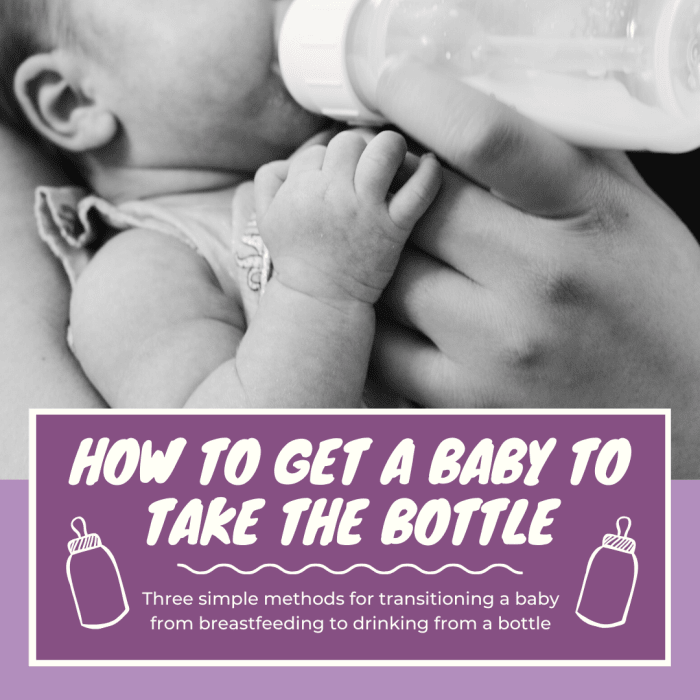
Why Do Babies Do It?
Written by WebMD Editorial Contributors
Reviewed by Dan Brennan, MD on March 17, 2021
In this Article
- Reasons Why Your Baby Might Refuse a Bottle
- Tips to Help Your Baby Take the Bottle
- Other Things to Keep in Mind
Most babies of all ages will accept a bottle. It can be a helpful way to make sure your baby gets fed on their regular schedule, even when you’re not around. If your baby starts to refuse a bottle or has trouble eating with a bottle, there is usually an underlying cause. With a little trial and error, you should be able to get to the bottom of it.
Reasons Why Your Baby Might Refuse a Bottle
There are a few different reasons why your baby might refuse a bottle. Usually, you can try a few things to get to the bottom of it and get them feeding again in no time.
Check the temperature. Check to see that the temperature of the milk is just right.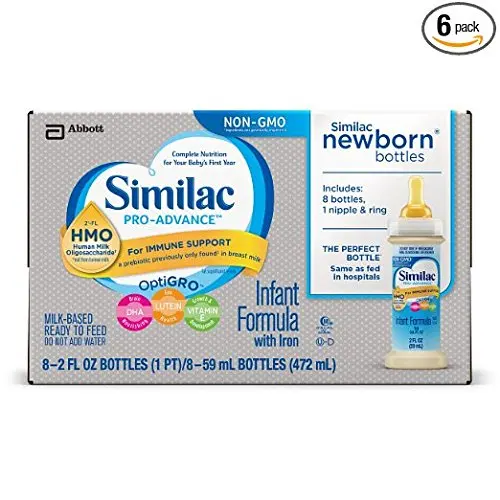 Some babies prefer their milk cold while others like it better when it’s a little warmer.
Some babies prefer their milk cold while others like it better when it’s a little warmer.
Check for a block. The bottle's teat is the hole where the milk comes out of. Sometimes this becomes blocked. You can check this by holding the bottle upside down. The milk should flow rather quickly.
Check the size. Different teats can affect the flow of the milk. If your baby seems frustrated by the milk flow, try switching to a different size teat.
Check the expiration. Are you using baby formula? Check to make sure that it isn’t expired and hasn't been open for longer than recommended.
Can’t find anything wrong with the bottle or the milk? Check if it has something to do with your baby:
Are they sick? If your baby has a cold, ear infection, or throat infection it might be painful or uncomfortable for them to eat or drink. If you suspect they’re sick, have your doctor check on them.
Are they distracted? When you try to give your baby the bottle does it seem like their mind is elsewhere? Sometimes, even television can distract babies from feeding. Ensure you have a peaceful place where you can keep them connected to the moment.
Ensure you have a peaceful place where you can keep them connected to the moment.
Are they full? Have you recently introduced your baby to solid food? They may be too full for milk from the bottle.
Have they lost interest? Is your baby enjoying solid foods? They may just no longer want the bottle, and that’s okay.
Never try to force your baby to drink from their bottle. Instead, be patient and simply try again later.
Tips to Help Your Baby Take the Bottle
Reduce attachment. Some babies become very attached to the idea of nursing or taking the bottle only from their mother. Sometimes the mom needs to be in a different room or outside the house before the baby will take the bottle from someone else.
Try different positions. Babies tend to prefer drinking from a bottle in different positions than when they were breastfeeding. Try sitting them on your knee, propped up so they can look around the room.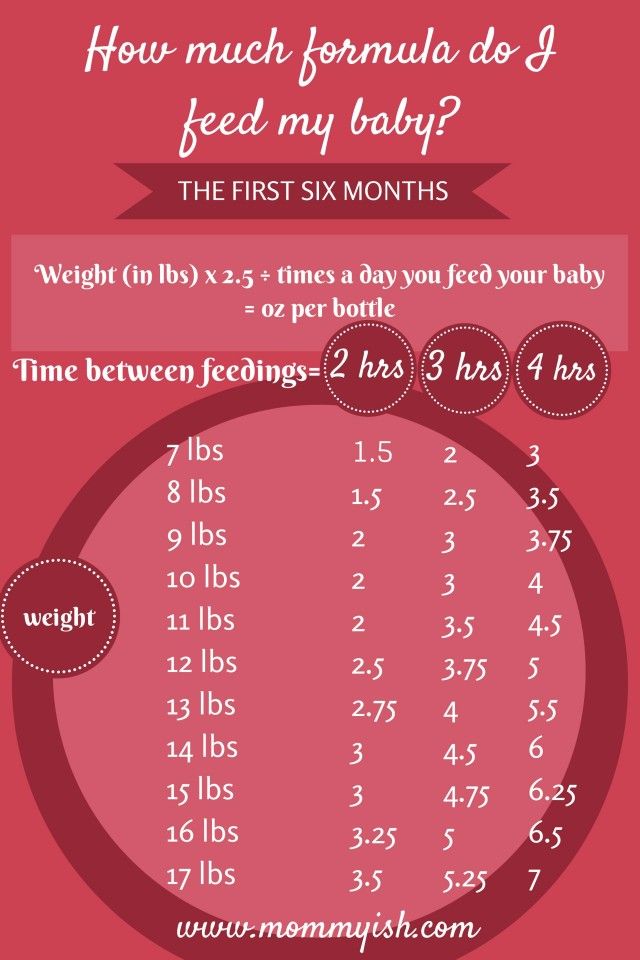
Move around. It can help your baby take the bottle if you walk around the room. You might also gently bounce or sway while feeding them.
Let them latch onto the bottle nipple. Instead of placing the bottle directly into your baby’s mouth, place it near their lip and let them latch onto it. This simulates their natural action while they were breastfeeding.
Wrap the bottle. Many mothers will wrap a burping/spit-up cloth around the bottle. This reminds the baby of their mom and makes them feel safe to eat.
Try tasting or smelling your breastmilk. Sometimes the flavor of your breastmilk can change or have a “soapy” taste. This is often due to changes in your diet, especially if you start taking fish oil supplements. Things like this don’t make your breast milk unsafe. They may just make it bad to the taste.
Try something different. If your baby is refusing the bottle, try giving them your milk with a different vessel.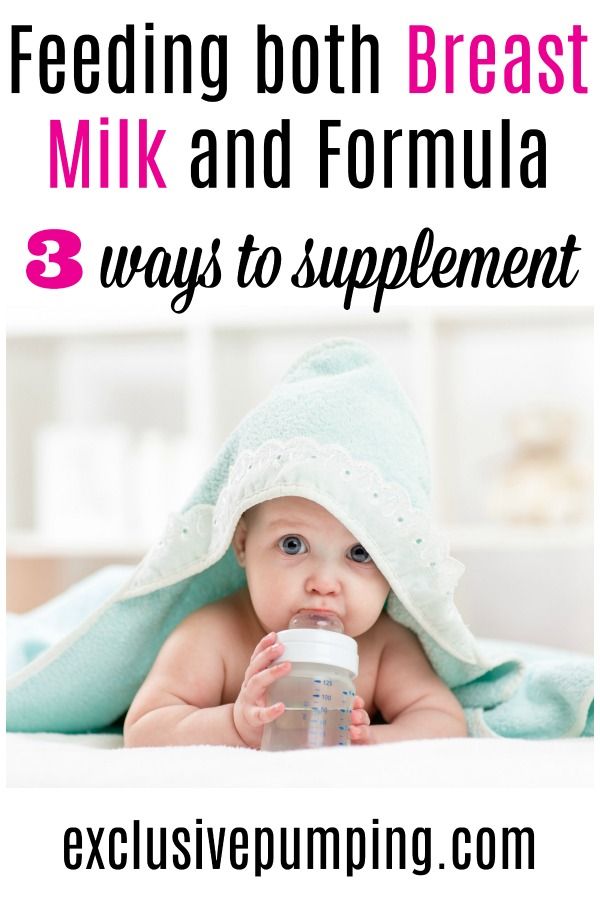 You could try a sippy cup, a spoon, or even a regular cup. You can do this by holding your baby in an upright position on your lap. Bring the milk gently to their mouth, letting them drink at their own pace.
You could try a sippy cup, a spoon, or even a regular cup. You can do this by holding your baby in an upright position on your lap. Bring the milk gently to their mouth, letting them drink at their own pace.
Other Things to Keep in Mind
If your baby is still refusing a bottle, don’t worry. Most babies will take one eventually.
If you have a routine with your baby where you feed them at the same time every day, it’s okay to change it up. Sometimes your baby may enjoy doing something else like cuddling, playing, or taking a ride in a stroller.
Whatever it takes, you and your baby will find what works to keep them fed and happy. After all, your baby loves you and knows that you are there to help them and make sure everything is okay.
what to do and how to replace?
Various problems appear in the life of young mothers. For example, what should be done if the child does not eat formula? Is this a norm or a pathology? How to fix this situation? It is worth discussing these important issues in more detail.
What is the mixture for?
The formula is the basis of nutrition for a newborn baby in the event that his mother does not have breast milk at all or if it is produced in insufficient quantities. It comes in the form of a powder that needs to be diluted with water. Usually, babies consume this product more actively than breast milk. Firstly, it is easier for them to saturate the body. Secondly, it is much easier to drink liquid from a bottle than to extract it from the chest. But there are situations when the child does not eat the mixture. In this case, the parent needs to find a reason for refusing it or think about another diet option.
Possible causes
Each organism is individual, and especially one that has formed quite recently. One kid may be happy to use a certain product, while the other will stubbornly refuse it. But still, there are several reasons why the child does not eat the formula, which do not depend on his taste preferences:
- Wrong product.
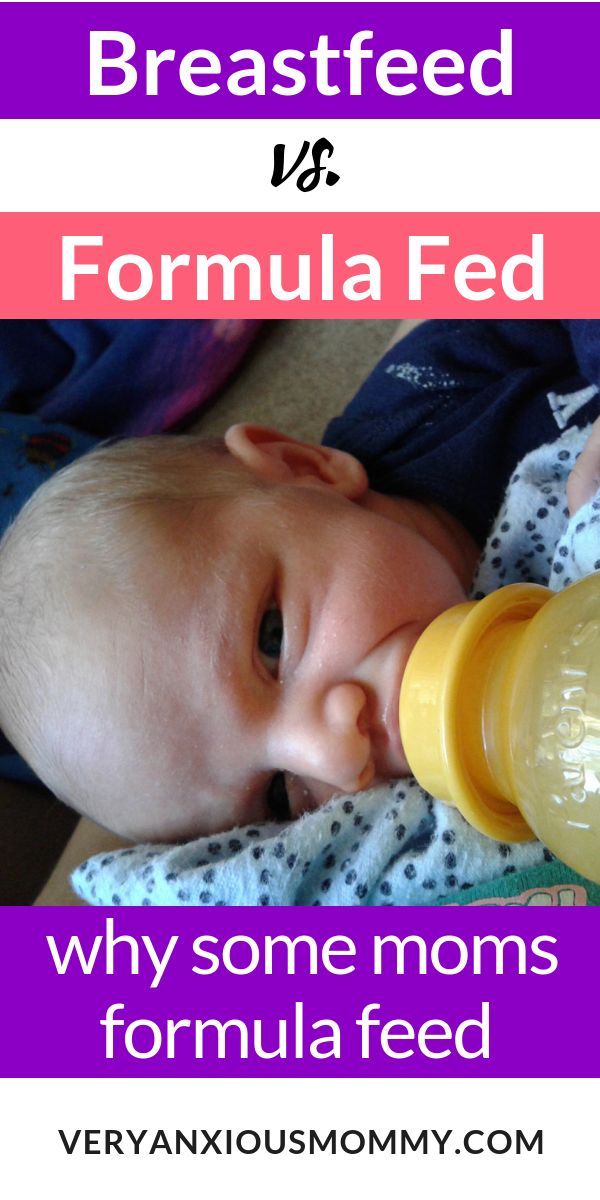 Many mothers are faced with the fact that the baby did not like the mixture. There is a need to try a lot of options in order to find a suitable option.
Many mothers are faced with the fact that the baby did not like the mixture. There is a need to try a lot of options in order to find a suitable option. - Switching from breastfeeding to artificial feeding. In this case, the baby begins to experience hard separation from the mother and refuses to drink liquid from the bottle. Remember that even the highest quality expensive formula can never replace mother's breast milk. Therefore, it is worth transferring the baby to artificial feeding only as a last resort and gradually weaning it from the breast so that the baby can get used to a new form of nutrition for him.
- Feeling unwell or ill. If the child eats little formula or temporarily refused it, then it is worth observing his general behavior. Perhaps something is bothering the baby.
- Incorrectly selected dishes. The baby may refuse to eat because it is inconvenient for him to do so. For example, he may not like a nipple that is too hard, small or large.
If the child stops eating formula, then you should try to change the product or container from which it is used.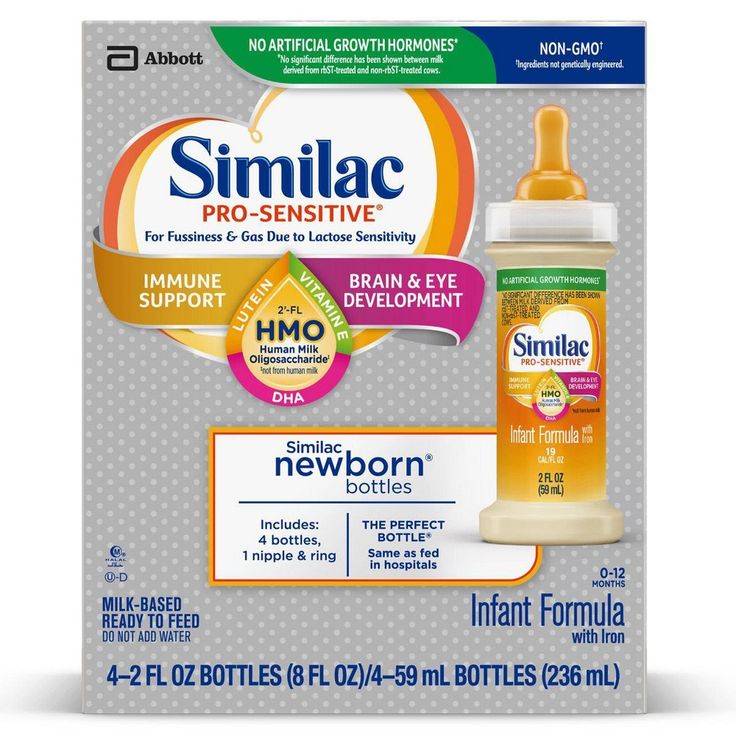 In the absence of a positive result, attention should be paid to his behavior.
In the absence of a positive result, attention should be paid to his behavior.
Teething
Almost all babies have teeth by the age of 1 year. Their eruption is accompanied by a feeling of pain and discomfort. If the child does not eat the mixture from the bottle and refuses the pacifier, then the reason may lie precisely in the formation of an inflammatory process in the gum area. The first thing to do is to relieve the pain. This requires treating the affected area with a cooling gel. After that, you can start feeding the baby.
Hateful colic
Until the age of 3 months, the digestive system is formed. The process of improper processing of food is called colic. At the same time, the baby begins to feel discomfort, from which he becomes capricious. The way out of this situation is similar to that with teething. First, you should eliminate the pain symptom with a massage or medication, and then feed the child.
Bottle selection guidelines
What should I do if my baby is not eating formula? Pediatricians strongly recommend choosing the right bottle for him.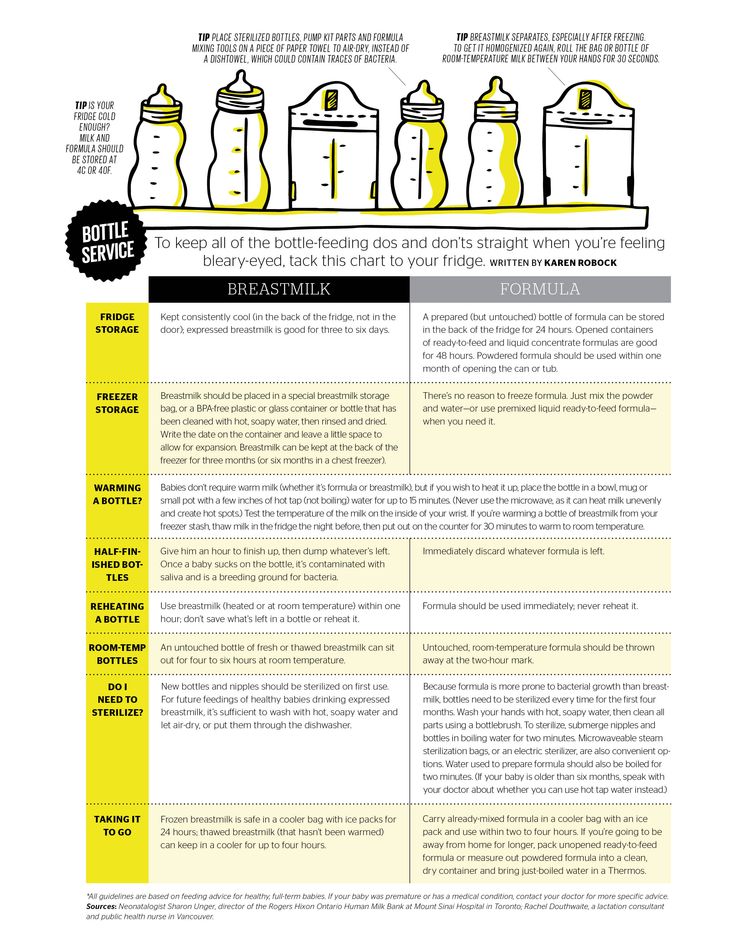 The choice should be made based on several factors:
The choice should be made based on several factors:
- If the baby is less than 4 months old, the nipple must be made of latex. Silicone is too tight for a baby, it is quite difficult to squeeze it with gums and lips.
- Another important point is the selection of the hole in the nipple. It should be appropriate for the baby's ability to eat and swallow food. Be sure to pay attention to what age the dishes are intended for. This information is indicated on the packaging.
Pediatricians highly recommend choosing a special anti-colic bottle. Such a device reduces the risk of swallowing air along with food, and, therefore, the baby will not spit up and gas formation will not appear in his tummy.
Rules for selecting formula
Another reason why a child does not eat formula is the wrong product. Is it worth choosing? also considering a few nuances:
- The most important thing to do is to take into account the age of the baby. The product is created taking into account the peculiarities of the digestive system.
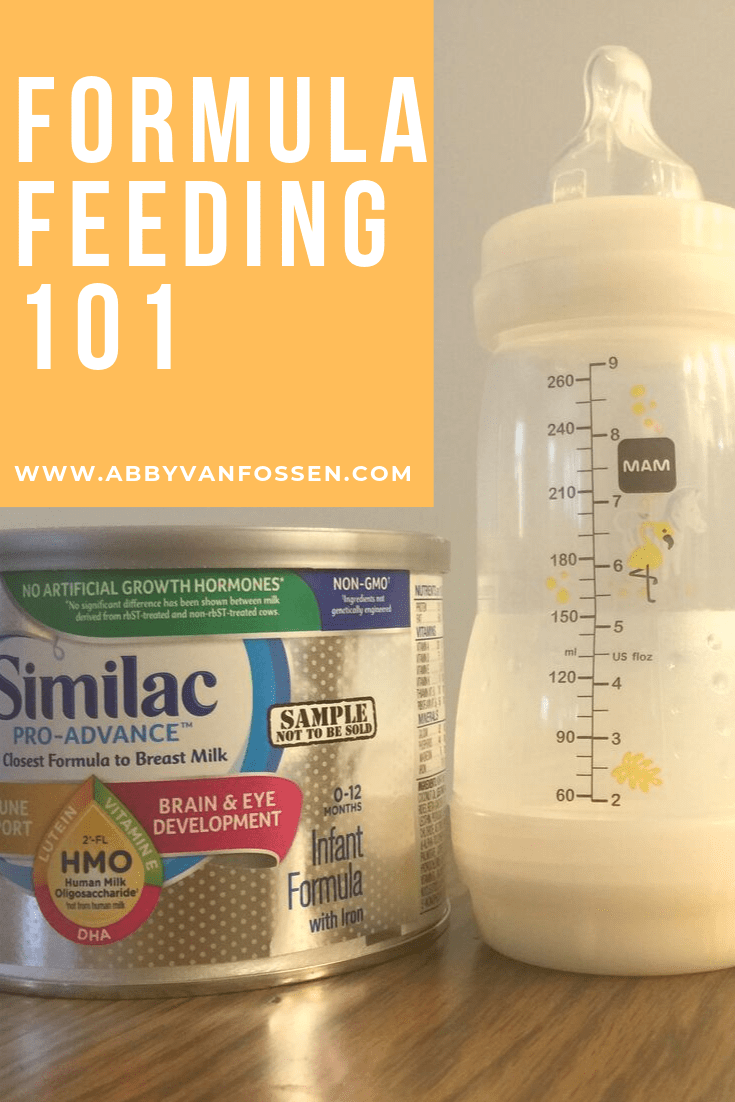 Be sure to read the information on the packaging.
Be sure to read the information on the packaging. - The second important factor is the composition. If the child refused to eat the mixture, then you should choose a new product that differs in composition.
- If one mixture does not work, for example, the child refuses to use it or an allergic reaction occurs in the form of skin rashes, it is recommended to seek help from a pediatrician. It will help you choose the most suitable food option.
- The most important rule is not to save on baby food. The lower the price, the lower the quality of the product.
It is worth considering that, in addition to the choice of mixture, the rules for its preparation also play an important role. The product packaging indicates the required temperature regime, the dosage of water and mixture for each age category of children. It is worth adhering to these rules, otherwise the liquid will turn out to be watery or supersaturated, because of which the child will not want to eat it.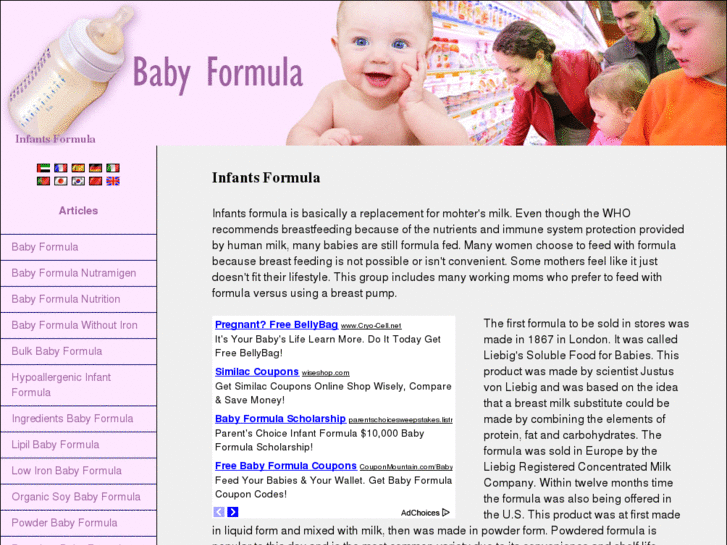
What can replace the formula?
Is the infant not eating formula? What to do if all methods of eliminating the reasons for refusing it do not bring the desired result? Of course, there is a need to replace the product. Breast milk is a great alternative to formula. Its development can be carried out for several months after the baby has refused the breast. Special herbal teas containing fennel, anise, chamomile or sage can help to improve lactation. If there is no opportunity to transfer the baby to breastfeeding, and he categorically does not perceive the mixture, then it is worth looking for other ways of feeding.
If your baby is over 6-8 months old, you can give him liquid cereals and yoghurts for breakfast and at bedtime. They are as nutritious and healthy as a mixture. Children usually actively use them. In addition, a wide range of flavors allows you to choose the most suitable option for your baby.
Older children from 10-11 months old can do without formula at all.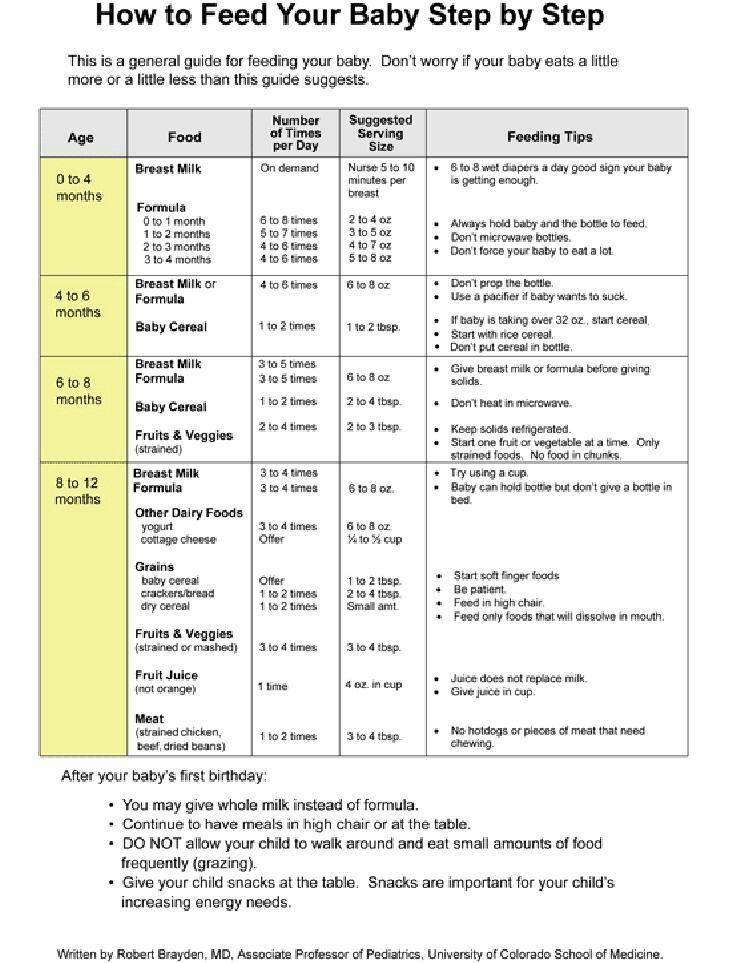 At this age, a wide range of complementary foods is available to them, and they can also eat at a common table.
At this age, a wide range of complementary foods is available to them, and they can also eat at a common table.
Formula is more difficult to find for young children under 6 months of age. In this case, it is recommended to give him animal milk diluted with water, goat's milk is best, as it is healthy and low-fat. It is not recommended to give the baby fresh cow's milk, which is heavy food for the stomach.
Some people don't have milk at all, but there are women who produce it in excess. Many young mothers are buying other people's milk, which can also be a great alternative to formula. But this method is not safe, it is recommended to make sure that hygiene standards are observed and that the woman has no diseases.
Time to see a doctor?
Formula is the foundation of your baby's nutrition. If he refuses it, then he does not receive enough nutrition. Accordingly, there is a direct threat to his life and health. There are a number of reasons for which you need to immediately consult a doctor:
- The child eats absolutely nothing for a long time - more than a day.
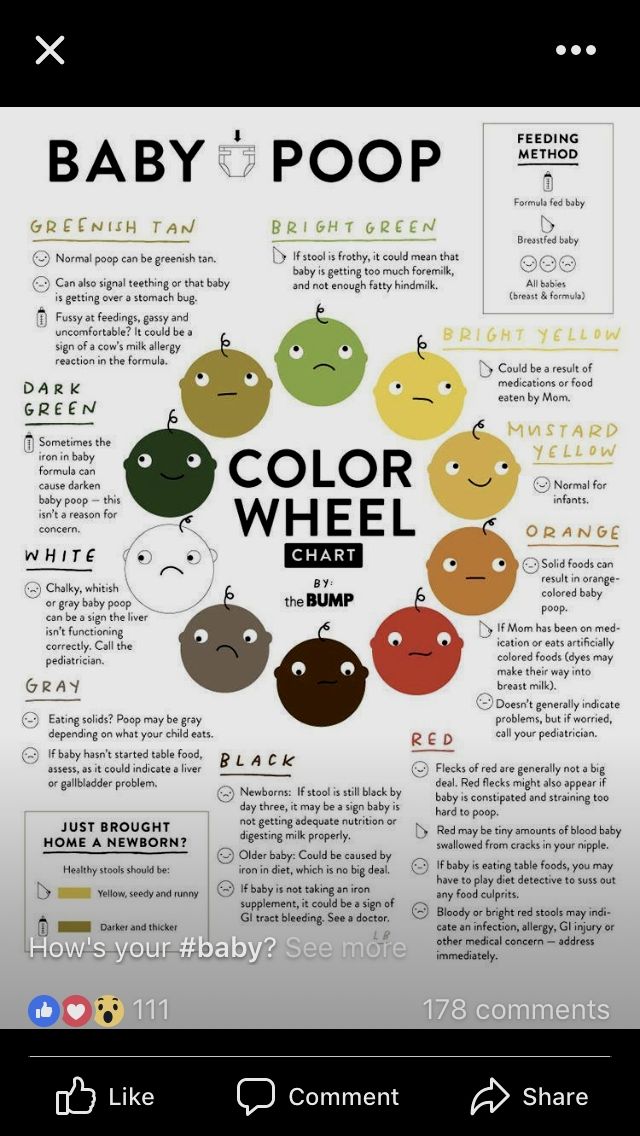
- Loss of appetite accompanied by nausea or diarrhea.
- The child does not want to eat formula, but at the same time he is constantly capricious.
- Lack of appetite is accompanied by an increase in body temperature.
If any of the above symptoms appear, you should contact your pediatrician. The doctor will identify the reason for refusing to eat and prescribe a complex therapy to eliminate it.
Advice for parents
If the child does not eat formula, his appetite should be stimulated. There are a few tricks to help you do this:
- Most of your free time should be spent outdoors. Unless, of course, the weather allows it.
- At home, the baby should not lie in one place for a long time. Make him move. Play active games, do exercises with your baby.
- A safe environment should be created at home so that the baby does not have reasons for stress.
- Every child needs a mother. If parents leave the baby for a long time with other relatives, then he begins to feel anxiety, which may also cause loss of appetite.
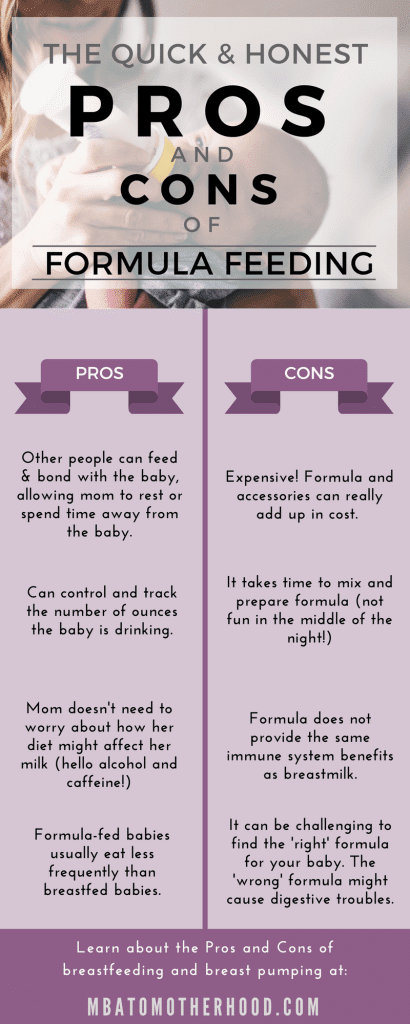
Of course, you can exercise and walk only if the baby is absolutely healthy.
Do not force your child to eat. Such incorrect actions will lead to the fact that the baby will push the bottle away from him even more.
Conclusion
If a child does not eat formula, then this is a serious enough problem that every parent should immediately think about resolving. It is important to find the cause of the lack of appetite and eliminate it in a timely manner.
Why a child does not eat formula well
Tips for mothers
Why a child does not eat formula and other milk substitutes
Babies can refuse formula completely or temporarily, babies always have a good reason for this. A hungry and healthy child will eat as much as he needs.
If the child does not eat formula, he may not like the taste of it
- Photo
- Getty
Common reasons why the child does not eat formula:
- Does not like the taste.
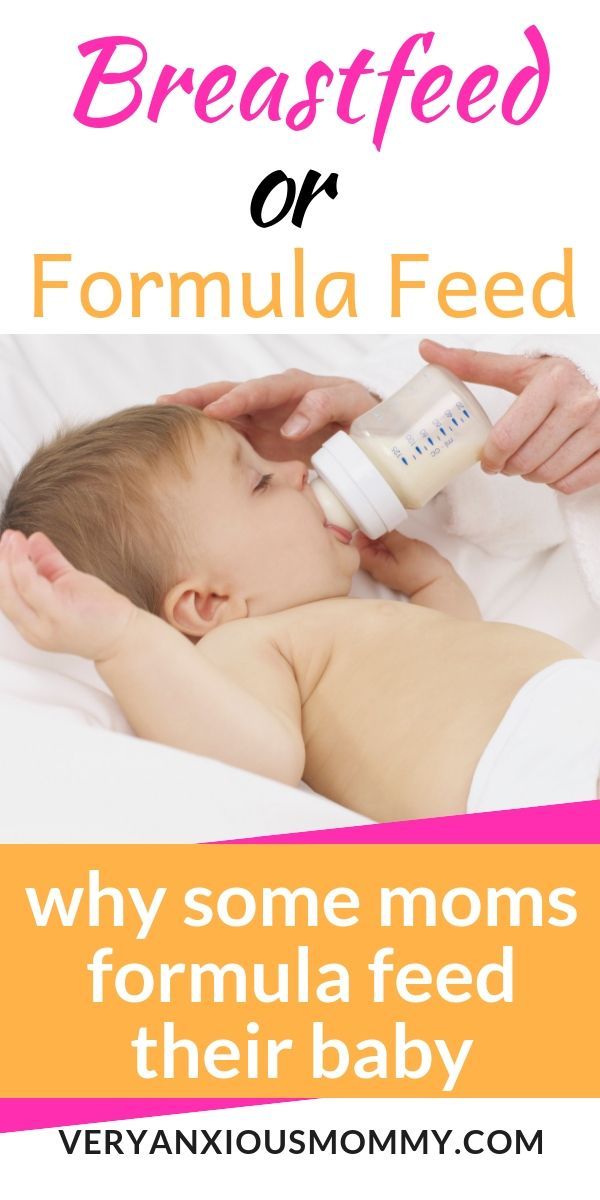 Breast milk is sweet and fatty. If transferred to an adapted substitute too quickly, the baby may resist and refuse to suckle.
Breast milk is sweet and fatty. If transferred to an adapted substitute too quickly, the baby may resist and refuse to suckle. - Too much food. Children differ in appetite and needs. Recommended volumes are given without taking into account the individual needs of a particular baby.
- Don't like the nipple. Fashionable silicone nipples are often too hard. A large or, conversely, a small hole makes it difficult to suck out and the baby refuses the bottle.
- The child is unwell. When the disease is difficult to swallow, sucking causes discomfort. Appetite is reduced.
- Teeth are erupting. Itchy and swollen gums prevent the baby from taking the pacifier normally.
- Digestive problems, constipation. Gas and indigestion bring tangible discomfort, which is aggravated by the ingestion of food.
Watch the baby carefully, the true reason for the rejection may not be so obvious, but it is always there.
What to do if the baby does not feed well on formula
Identifying the reason for bottle refusal is a troublesome task.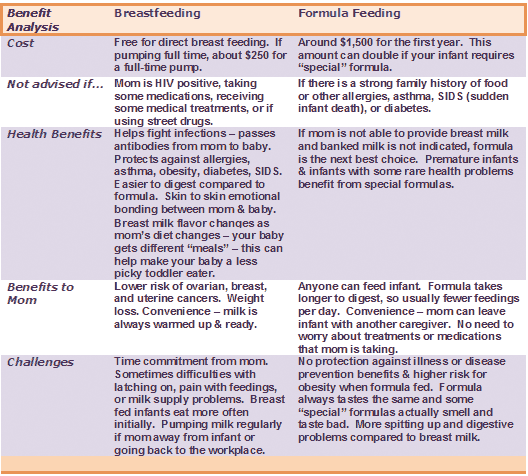 The baby will not say what he wants and will cry until the parents fix the problem. Analyze the behavior of the baby: is the refusal sudden or systematic? Check your temperature, check your teeth. In extreme cases, contact your pediatrician.
The baby will not say what he wants and will cry until the parents fix the problem. Analyze the behavior of the baby: is the refusal sudden or systematic? Check your temperature, check your teeth. In extreme cases, contact your pediatrician.
- Try changing the bottle or teat. Some children only eat from silicone anatomical dishes, others like traditional latex. It's a little expensive, but your baby will be full.
- Change mixture or add some sugar. Try to find donor breast milk.
- Watch the child. If at first he actively sucks, and then begins to dodge the nipple, then he is full. Follow the recommended feeding interval, an adapted substitute is fatter and more nutritious than mother's milk and takes longer to digest.
- If the child does not feed well during the period of illness, do not force feed. Let your body rest and recover. Small portions of the mixture can be given with a spoon or injected with a syringe without a needle. To reduce the load on the gastrointestinal tract, dilute it in a lower concentration.
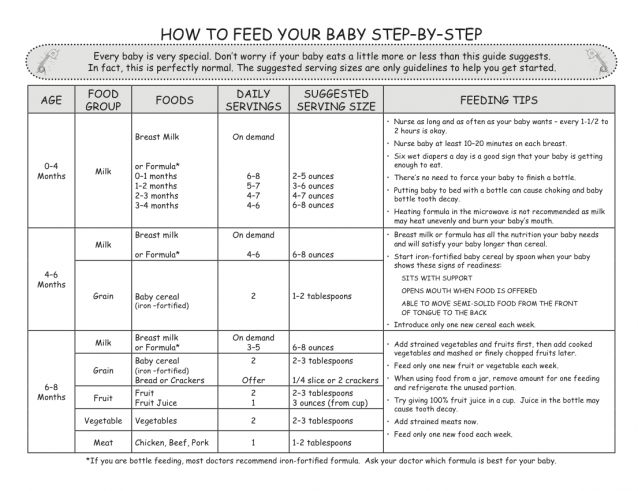
Learn more

